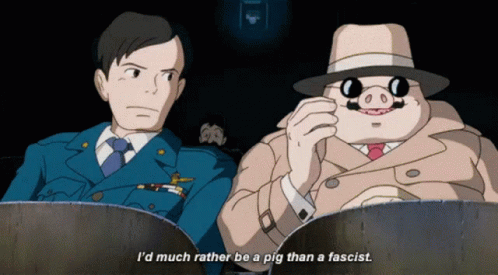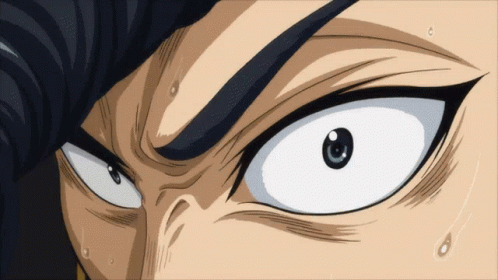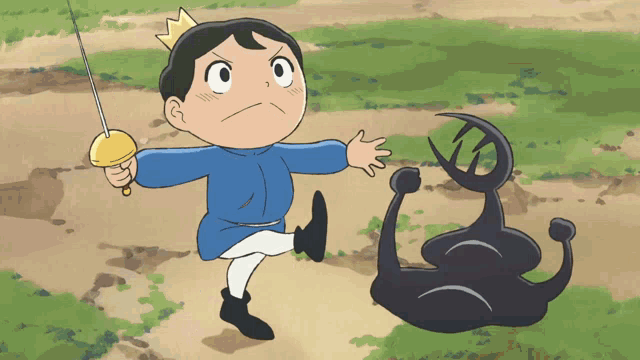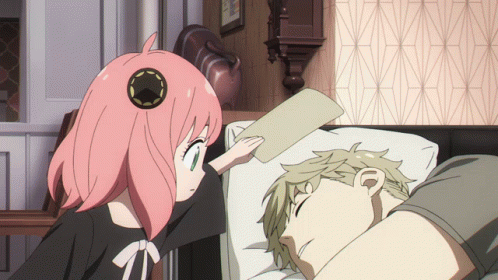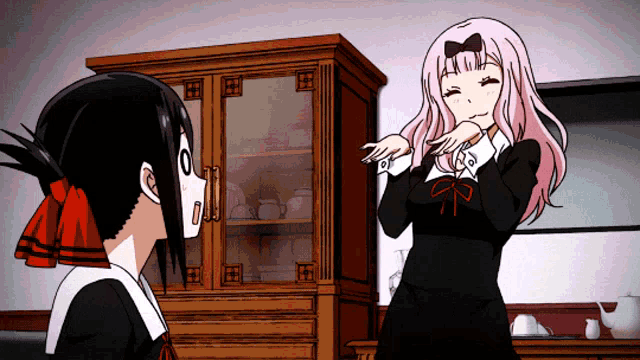S2:E3 End of My Filler Arc?!
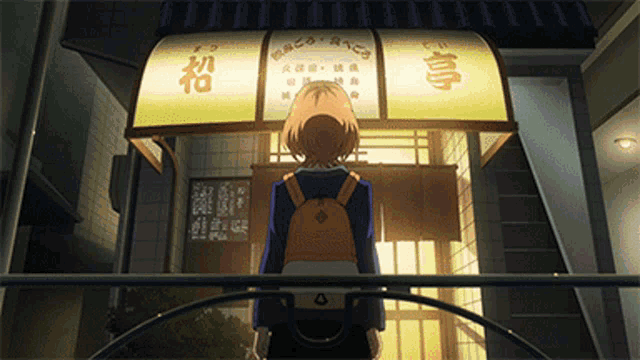
Well, I'm officially headed to grad school! I will be attending the Interactive Telecommunications Program at NYU Tisch, where I'll be able to try everything from animation to "culinary physics." It's been a much longer journey over here than I thought, and it's sinking in that I'll finally get to move past this filler-season phase of life, but at the same time, now that I have an idea of where I'm headed next, I'm just starting to enjoy this time off. It's cruel how that works.
This is the portfolio I submitted to the program – I have no way of knowing how much it weighed in my acceptance, as it was optional for those of us without artistic backgrounds, but the friends who saw it seemed to like it, and I felt pretty proud of myself for having enough material to put together.
I managed to fit some screenshots of my Fire Emblem hack in there – in the five months before school starts, I think I'd finally like to finish it, dialogue and all. Given how busy I'm likely to be, I doubt I'll get to revisit it much as a student, so I hope to show more updates!
The Questionable Utility of the Asshole-Hero Build
As a teenager, I loved the way that the Dragon Age series gave my decisions so much weight over the outcome of the story. Moody and in desperate need of a personality that wasn't downloaded from the "coolest" character onscreen, I got closer to imagining the kind of person I wanted to be through Dragon Age: Origin's decision trees. I'm not going to pretend that a videogame for adult audiences was the healthiest choice of a moral compass, but the rewards for kindness made it hard to justify being a jerk in-game, which happened to translate pretty well in real life.
Nevertheless, the option to be a jerk (usually worse) was always present in the series, and recently I've been wondering why? How strong an incentive is role-playing the worst person you can be when, between alienating party members and closing off quest lines, it basically amounts to self-sabotage? I recall being unable to finish my one "pure evil" playthrough of Dragon Age: Origins, as the whiplash between betraying my companions' trust just because and then being heralded as the Hero of Ferelden just left me feeling empty.
If it didn't take developers a considerable amount of time and money to create new dialogue and cutscenes, I would argue that the option to be a piece of shit is to give the alternatives more weight, especially as the alternatives themselves might not be so distinct from each other. After all, in a series of games that could span 100+ hours each if you liked, it's impossible for every choice to change the course of the story – but when your choices are between, say, stealing food for hungry prisoner in exchange for a key or persuading a guard to feed him (Dragon Age: Origins), of course both choices will seem consequential when presented with the third option of just taking the key after killing him!
That is at least a charitable interpretation of Dragon Age's asshole build. As I look back on the series, I have trouble wrapping my head around some of the choices you are able to make and their utter lack of justification. But truth be told, I only started thinking about it after facing a completely different approach to weighing decisions (literally, there's a scale) in Triangle Strategy.
In Triangle Strategy, you play as the young lord Serenoa, who leads House Wolffort through a war between three major powers in constant conflict over the land's limited natural resources. The decisions you make throughout the game will dictate how House Wolffort gets through the war, though they are not delivered through Serenoa himself, but rather through a vote by his seven companions. If you want to convince them to vote in favor of your preference, Serenoa needs to give an adequate reason why, taking into account their opinions and political views.
Decisions of this scope that also require the cooperation of companions leave no room for a conveniently "bad" choice to measure against – it just wouldn't make sense. Instead, you're asked to consider how each option measures up to the others based on your own conviction (big word in this game), as well as the arguments of your companions, who could actually be quite compelling. I took a few days off from playing because I couldn't decide how to handle the final decision in the game, knowing that whatever I chose would harm someone I wanted to protect. In fact that's the first time I really had to stop and think about a story decision at all.
I enjoyed the game a lot, and am playing it a second time over to pursue the so-called "golden route" (a conversation for another day). But Serenoa is ultimately a projection of his party's decisions, and never quite an extension of you – unlike, for example, Hawke in Dragon Age 2, a similar character in the sense that they're also not thrown into the world as a completely blank slate, but different because of the relative freedom you have in guiding them through their challenges. That is to say, Triangle Strategy provided me a very unique experience of agonizing over my decisions, but maybe sometimes all I really want is to feel like I'm in complete control of doing the right thing?
What I'm Enjoying
I'm in the middle getting through a couple books and shows, but I forgot to mention these in my last post!
Sweat and Soap, by Yamada Kintetsu: I thought this was going to be a steamy office romcom that I would never tell anyone about, but I think the real draw of the series is watching Asako and Kotaro overcome the challenges of communication in a relationship. Seemingly offhand remarks from volumes past emerge in both arguments and heart-to-hearts between the two as they earnestly confront their insecurities, which reminds me of my own ongoing journey to love myself as part of my relationship.
The Color of Law: A Forgotten History of How Our Government Segregated America, by Richard Rothstein: I thought Rothstein was quite thorough in explaining how the US government, at every level, actively promoted the discrimination and segregation in cities we see to this day through racist housing and development policies. I'd be curious to see a similar discussion of how de jure discrimination takes shape in Japan.
Triangle Strategy: See the above – I would easily rank it among the most memorable games I've played, as well as one of the best stories (once you get past the awkwardly frontloaded exposition). I'm on my second playthrough, which properly scales up to endgame levels of your first playthrough – it took me three tries to get through the first chapter!
Shirobako: The Movie: I appreciate how shows like Shirobako expose some of the gloomier reality behind the scenes of our favorite media, and I think the movie takes us a step deeper as we see Aoi and her friends take on the leadership roles they once admired with the irritability and disillusionment that come with job experience. A particularly memorable scene was when Aoi, now a full-fledged producer, was at a thriving former colleague's patisserie and caught herself just short of saying out loud, "It must be nice to do what you like for a living."
Song of the Week
Every few months when there's a dry spell in our anime-watching, my sister and I will check out popular opening themes and decide our next show based on what looks fun. It doesn't always work, but it does go to show how anime ops and eds are an animation genre unto themselves. This time we came across the opening theme of Link Click featuring some cool hand choreography! Now to actually watch the show...



